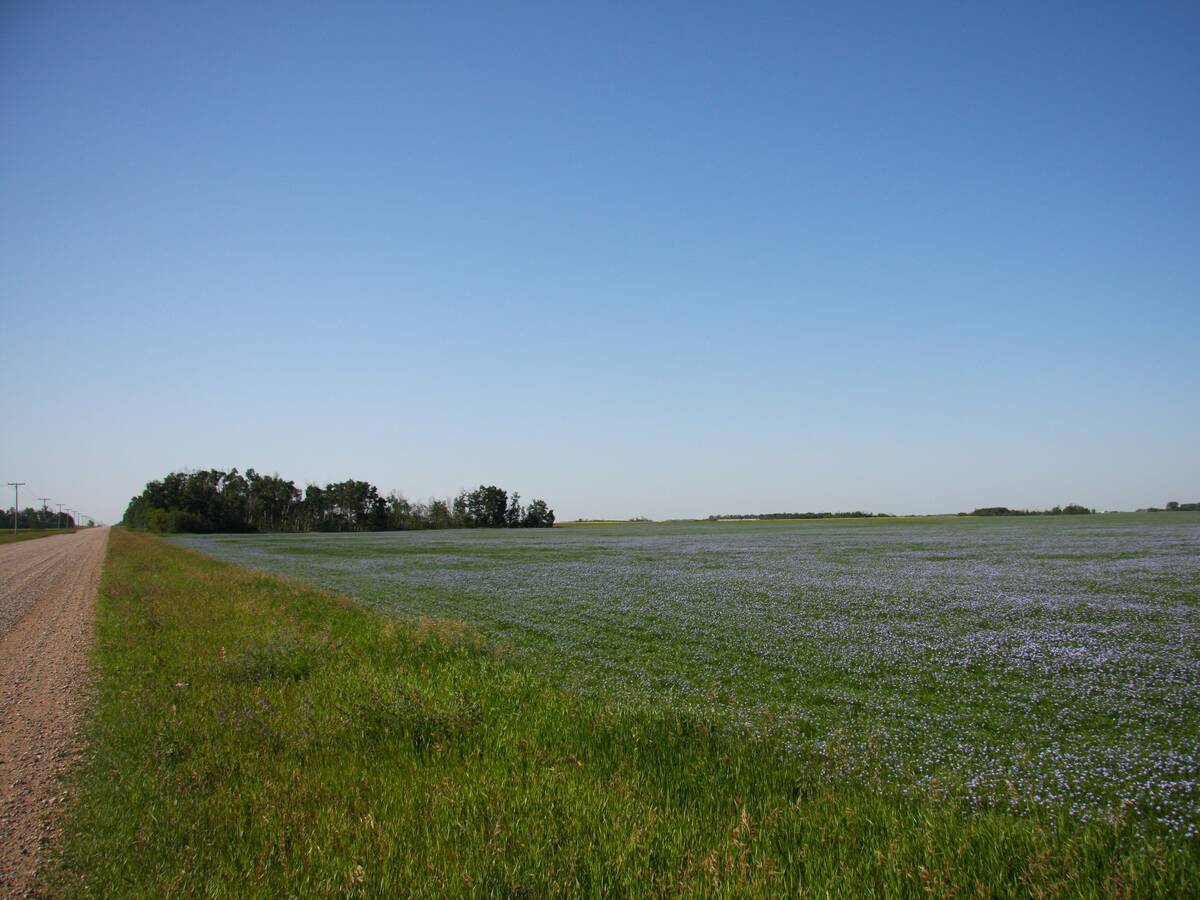Mustard growers could have a new outlet for this year’s harvest if everything goes as planned for a proposed processing venture.
MPT Mustard Products &Technologies Inc. is raising $3 to $5 million in private equity to build a plant that will use mustard to make a biopesticide.
“We aim to have the new plant up and running by September,” said general manager Jay Robinson.
The fundraising began in November and will likely continue until next month. The company is looking for accredited investors with at least $1 million in assets to buy shares valued at 35 cents apiece.
Read Also

Farmland advisory committee created in Saskatchewan
The Saskatchewan government has created the Farm Land Ownership Advisory Committee to address farmer concerns and gain feedback about the issues.
Robinson wouldn’t divulge how much money has been raised.
“We’re getting there,” he said.
MPT chief executive officer John Cross recently told the touring House of Commons agriculture committee that the fundraising exercise has been a pleasant surprise.
He said investors are becoming more aware of the economic and social benefits of agriculture, which makes it easier to raise the capital required to commercialize new technologies.
“That’s a situation I have not seen in my career, ever, in Canada. I think this is a very encouraging development,” said Cross, who is the founder of inoculant manufacturer Philom Bios.
MPT is attempting to raise another $3 to $5 million in grants and loans from organizations such as Ag West Bio and Sustainable Development Technology Canada.
Robinson said the company will spend $2 million to build a 929 sq. metre plant in Saskatoon. The remainder will pay for commercializing its products and patented technologies.
The plant will use 18,000 tonnes of mustard seed per year at full capacity to produce 12,000 tonnes of a biopesticide that controls soil borne pathogens and nematodes in high value crops such as strawberries, tomatoes and golf course turf.
Robinson said MPT owns patents for extracting the glucosinolates in mustard and enhancing their pest-killing ability.
A byproduct of the process is an oil that can be used for biodiesel production or as a binding agent in animal feed.
Patrick Ackerman, chair of the Saskatchewan Mustard Development Commission, said the proposed plant is good news for growers who have been carrying over more than 100,000 tonnes of the crop in recent years.
“Anytime we open a new market for demand, it helps everybody. It gets rid of more production.”
The company could use as much as 12 percent of this year’s expected 145,000 tonne mustard crop if it successfully negotiates sales contracts for the biopesticide.
Robinson said MPT will buy No. 3 and No. 4 mustard because the plant won’t have the same quality parameters as the condiment market.
However, Ackerman thinks it may have to pay for No. 1 or No. 2 quality mustard.
“To find that amount of low quality mustard will be difficult. In a normal season we don’t grow that much 3s or 4s.”
He said it will be nice to have another avenue for low quality product because it can be hard to move.
Robinson said the biopesticide will be sold in the United States, Mexico, Ontario and British Columbia.
“It’s aimed at high-value crops. Anything that’s over $10,000 per acre.”
It will be sold to conventional farmers looking for alternatives to controversial products such as methyl bromide and methyl iodide and to organic farmers who need a non-synthetic product to control soil-borne pathogens.
The company anticipates it will have a biopesticide for broader acreage crops such as soybeans within two years.
Robinson said there is plenty of room to expand the plant if necessary. It is a modular design, so doubling capacity would cost an estimated $200,000 rather than another $2 million.
He believes the plant will generate $100 million in annual revenue within 10 years, which would significantly increase mustard demand.
The company believes it may one day get into the condiment mustard business by consolidating some of the small prairie processing plants.
Domestic mustard consumption has averaged 23,000 tonnes a year over the past three years.















